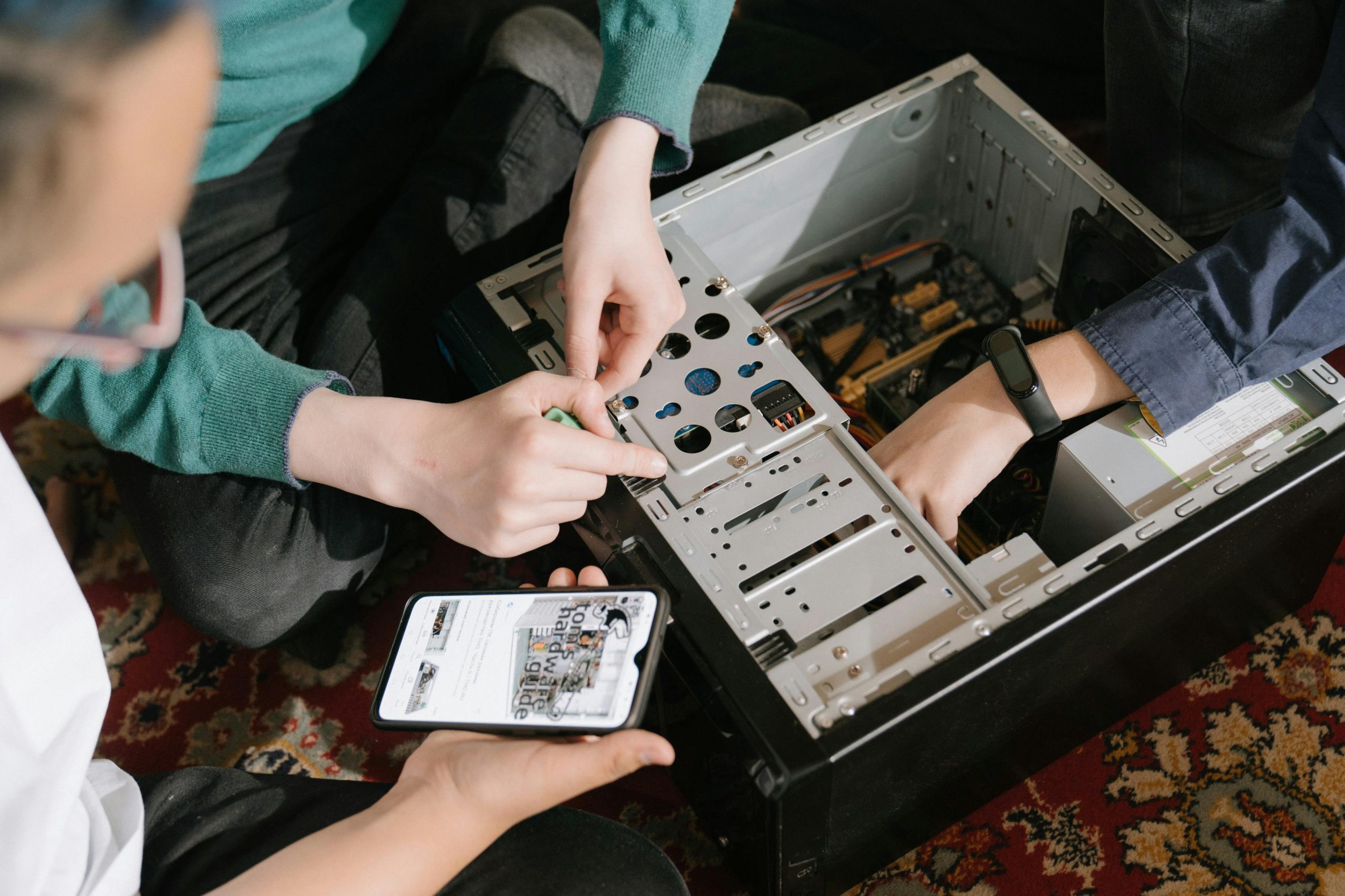Title: Troubleshooting a Grinding Noise in Your Laptop: A Helpful Guide
If you’ve recently noticed a grinding noise emanating from your laptop, you’re not alone. Many users encounter this unsettling issue, which can often signal a deeper problem, especially if your device is essential for both personal and professional use. In this blog post, I’ll share my recent experience with a similar situation, as well as some steps you can take to diagnose and address the problem.
Identifying the Issue
Recently, I observed a disturbing grinding sound coming from my laptop, which serves as both my personal computer and a critical asset for my small business. Initially, the noise was subtle, but it intensified rapidly. Such sounds can stem from various sources, including the hard drive, fans, or other internal components.
Steps for Troubleshooting
-
Listen Closely: Pay attention to the nature of the noise. Is it consistent, or does it occur only when performing certain tasks? This can help pinpoint whether the issue is related to the hard drive or the cooling fan.
-
Check for Overheating: Make sure that your laptop is well-ventilated and not overheating. Dust buildup can obstruct airflow, causing the fan to work harder and potentially create grinding noises.
-
Run Diagnostic Tools: Most laptops come with built-in diagnostic tools. Running these checks can help you identify hardware issues that may not be immediately obvious.
-
Backup Your Data: Given that this is your work laptop, it’s crucial to perform regular backups. If there’s a chance that the hard drive is failing, safeguarding your data should be your top priority.
-
Consult a Professional: If you aren’t comfortable opening the laptop yourself or if the noise persists after your own troubleshooting steps, it may be best to seek help from a professional technician. They can provide a more thorough diagnosis and repairs if needed.
Seeking Advice from Others
If you’ve experienced similar issues, I would love to hear your solutions or suggestions. Sharing knowledge and experiences can be incredibly helpful for those facing similar challenges.
In conclusion, while a grinding noise can be alarming, taking swift action can help you diagnose and address the problem effectively. Don’t ignore the signs, especially when your laptop plays such a pivotal role in your daily functions. Happy troubleshooting!
Share this content:




Hi,
Based on your description and the troubleshooting steps detailed in your post, here are some additional suggestions: